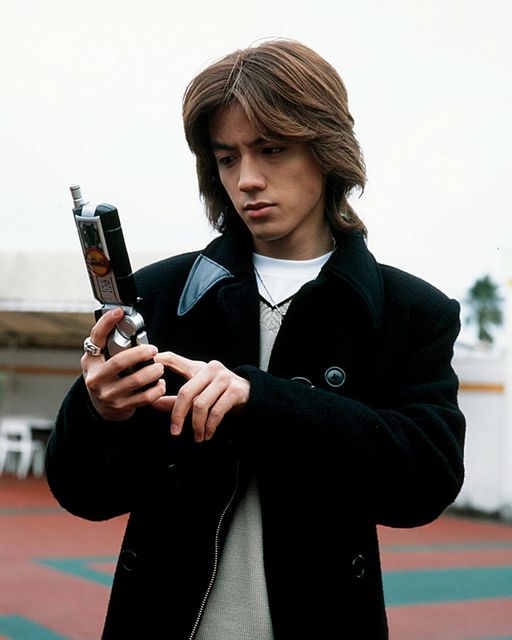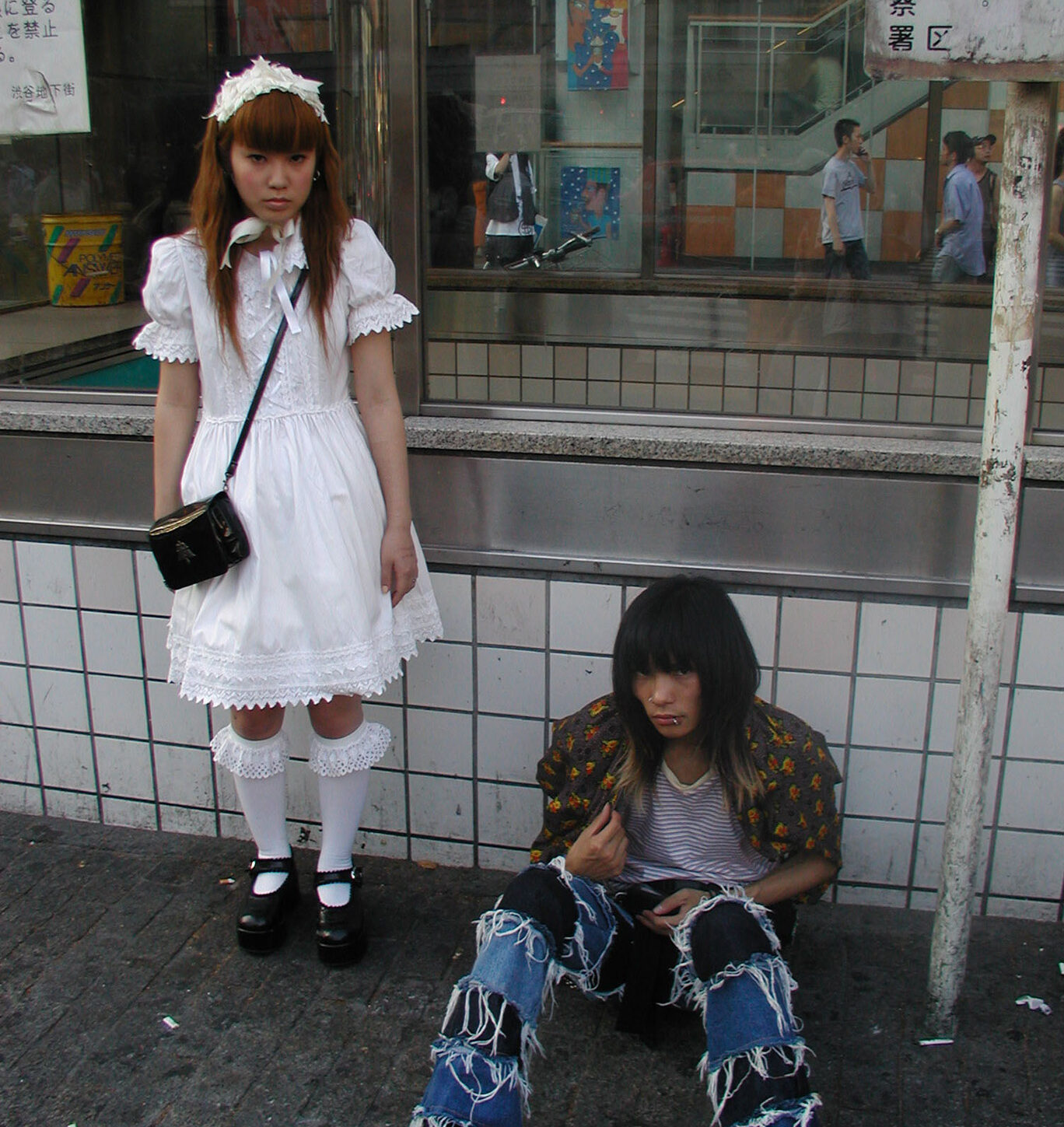Being born in 2000, I've only ever known a connected world. Doubtless, however, it would be difficult to adjust to in the years when flip phones and the internet were transforming society. Even before that, the introduction of film and the telephone were deeply transformative, and I like seeing how that transformation has been represented in cinema. There's a certain anxiety to it, a fever, a mixture of hope, trepidation and confusion, where nobody knows how this new medium will affect the world. To me, it's like a time capsule where I can see how it would have felt to other people, because I never had the chance to live in a world without computers and the internet. I also like seeing how artists have used the medium as the message, making art about the very tool being used to see the world.
Obfuscating reality

It's a lot easier to spread a lie when everyone can talk to everyone else at any moment. Phones allowed the common man to wrest more control of what they could know, taking power away from religious institutions, news corporations and the military complex. But obviously, when anybody can yap to anyone, misinformation spreads like wildfire. In Kamen Rider Faiz, the transformation device used by the main character is literally a phone. An artifact of massive power, but also one that can only be used by those doomed to death, and a vector for malicious misinformation to be shared. The protagonist, Takumi, is regularly unable to communicate his feelings despite having the opportunity to reach out to people over any distance. His 'friend' Kusaka is also able to use texts and calls to lie about him. All the same, we can't live without phones now. When monsters attack Takumi's friends, they call him to ask for rescue. He transforms with the phone to save them. Mass communication is a part of life we can't excise, so we simply have to drink the poisoned water.
While I think it's better in theory to live in a world where your opinions aren't solely guided by the most powerful authoritarian figure, the price of knowledge is confusion, distress and paralysis. When I hear a thousand conflicting messages, how can I know what's true any more than when I hear a single view? In eXistenZ, it's never clear when the characters are in virtual reality, or in the real world. In our modern day, it's fair to ask if the difference matters.
Finding community

For a very, very long time, your community was who you knew in person. You might have a pen pal or friends you only see once in a while, but your village/town/hamlet was your community, and that was that. The change to the nuclear family model eviscerated communal living for a lot of the western world, and the atomisation of society is a terrible loss. I think the rapidity of the internet becoming a third place for community cultivation is a reaction to the total loss of community in person, and we'd all be a lot better off (and less terminally online) if the idea of the nuclear family was finally dismantled from society. Unfortunately, here we are. Insulated individuals looking inward rather than outward, upset and desiring change but desensitised in the wake of ongoing world disasters and atomised by societal norms. In Peep "TV" Show, the internet as community is taken to its logical extreme. If we want to connect with other people, we want to watch them, sleep next to them, eat with them, know them intimately as friends. So the main character has set up a voyeuristic streaming channel where people can watch others daily lives through static camera feeds. As one watcher explains directly to the camera, he struggles to go outside, but the show makes him feel less lonely.
All About Lily ChouChou's protagonist can only find community online as everyone he knows in real life bullies and belittles him. His radicalisation to violence happens directly as a response to being prevented from finally joining that community in person at a Lily ChouChou concert. Our online lives become so important, so integral to ourselves, that an attack on them is an attack on us. I've absolutely felt this way before, getting reflexively angry because someone criticised a show I'm obsessive about, then sitting back and wondering why I took it so personally.
The joy of meeting people like you
All around the world are people who love Gundam, and I talk to about 20 of them daily. In my country, however, it's barely known. Without the internet I would have likely never found out about it and would certainly have never met such a wonderful friend group to share that interest with. A movie that I think really shows that connection is Haru. In Haru, a lonely man going by the handle Haru joins a movie forum, where he meets Hoshi, a woman who pretends to watch movies so she can have a community of people to be around. Their friendship blossoms into a connection that's just as important to the both of them as if they had met face to face, with one of the most heartwrenching moments of the movie being them seeing each other through the window of a bullet train - so close yet infinitely far away. When they finally meet face to face, it's because they have found happiness and understanding in each other in the digital realm.
Pulse also touches on the need for human connection, and the internet as avenue for it. Ghosts invade the world through the internet, and unless you have firm connections in this world, you fade away because of their pull. Only the strength to keep living can save you in this world, and that strength comes from a collective will between people. Nobody is an island. I certainly wouldn't still exist today if it weren't for friends I could only have met due to the internet, and I'm grateful every day that I met them.
There's no going back
I do feel a bit sad about having been born into the digital age. I wish I could know what it's like to live in a world where computers are strange and rare, or where they simply don't exist at all. When I think about the time I waste staring at screens, I feel like a deathly sickness of the soul is overtaking me. That time I spend braindead in front of my phone is time I never get back. Still, mass communication is a blessing. I've been friends with some people online for almost a decade now, and every day I yap to them on discord. I wouldn't be the same me without the internet. I think that's why I like movies and shows that investigate this feeling of losing yet gaining something due to the internet and wider communication technology; I'm living out a time I wasn't able to take part in. The change has been irreversible, but it certainly hasn't been easy, and I love getting a glimpse into the transition period.